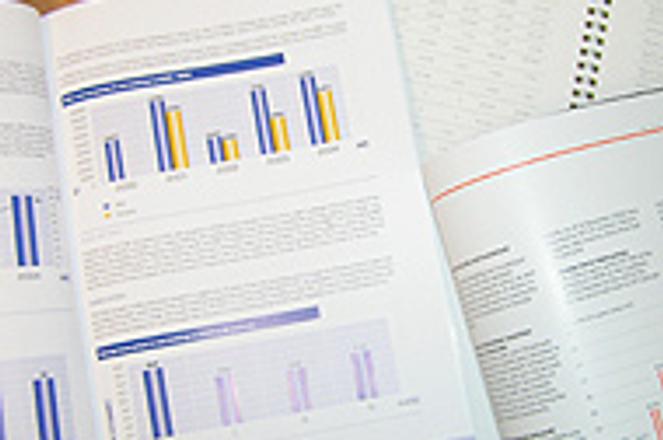Budgeting, planning - performance management software can do it.
photo: Jela Priehradníková
OVER the past decade, companies have relied on what is known as enterprise resource planning (ERP) to run their businesses. A business management system, ERP uses software applications to integrate all facets of business, from planning and manufacturing to sales and marketing.
The original idea of ERP was to create a system capable of integrating operational processes from all areas of the company to help support the executive decision-making process. However, dreams do not always come true. While ERP provided significant advantages, it was not the panacea that many hoped it would be.
Part of the dilemma rests with the nature of technology itself. The demands of IT users grow as IT solutions become more complex. With users perpetually expecting more, software developers are challenged to develop better, more effective solutions to more specific challenges. Over time, it became clear that users wanted more from ERP solutions than they were receiving.
Performance management solutions
With ERP integrating greater volumes of data, companies were struggling to assimilate the information. How could they stay focused on what was vital to running their operations? Managers needed help monitoring the performance of their organizations so they could identify problems and recognize potential opportunities at a glance. Thus performance management solutions were born.
Performance management solutions involve methodologies, processes and systems which serve to monitor and manage the performance of a company. It is an improvement over traditional reporting and analysis because they are able to predict and forecast future performance.
The aim of performance management solutions is to help executives achieve strategic company goals by focusing the entire organization on the initiatives that support those goals. Put simply, performance management is about aligning goals and outcomes.
Budgeting, planning and forecasting are three key processes of performance management. Apart from these, financial consolidation, risk management and activity-based costing can play important roles as well. Very often, specific methodologies, such as balanced scorecards, come into play.
The payoff
Performance management solutions facilitate the creation, communication and execution of strategy, promoting focus, alignment and agility throughout the organization.
They help executives understand the cost of resources and activities at the process level, and promote financial accountability. Performance management solutions provide accurate financial information about the day-to-day activities of people, equipment and processes, and through IT systems, enable companies to develop comprehensive plans and customized reports. They can also span into other areas, such as compliance issues, customer intelligence, supply chain, and so on.
Who can implement products today?
Large companies are the primary consumers of performance management solutions. It is not that small and medium enterprises (SME) could not benefit, it is that performance management solutions generally require significant initial investment and ongoing technical support. However, a few solution providers are realizing that the SME sector offers great market potential. They are coming out with performance management solution products targeting this group.
Companies offering performance management solutions are growing as well. Those who address the SME sector might find themselves acquiring the largest market share.
Lucia Simonová
is marketing assistant at LLP Bratislava.
Author: Lucia Simonová


